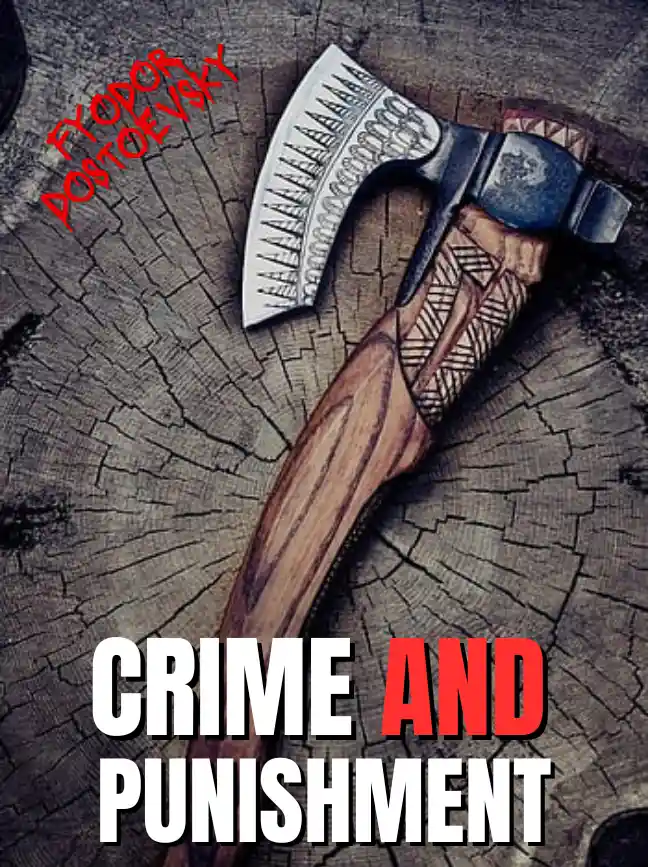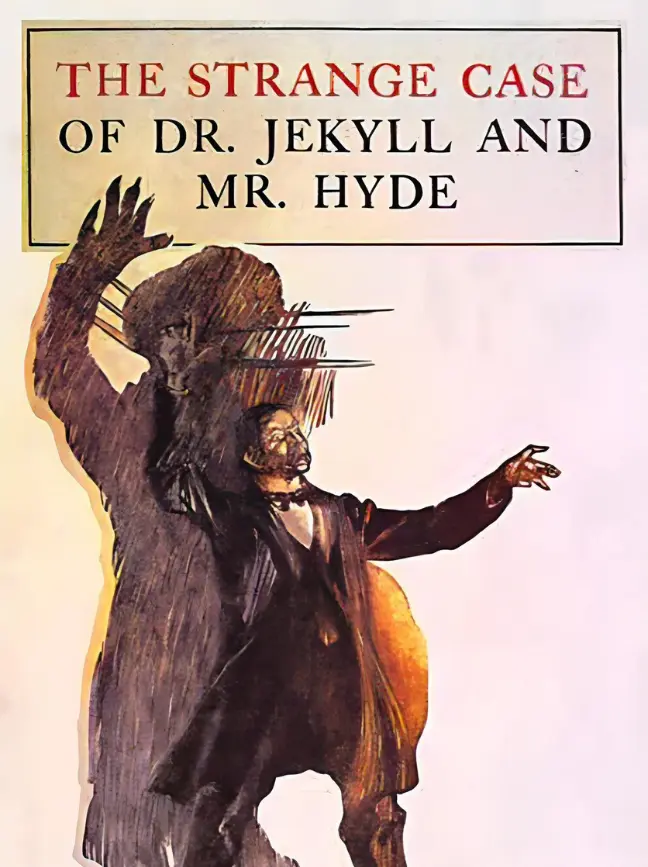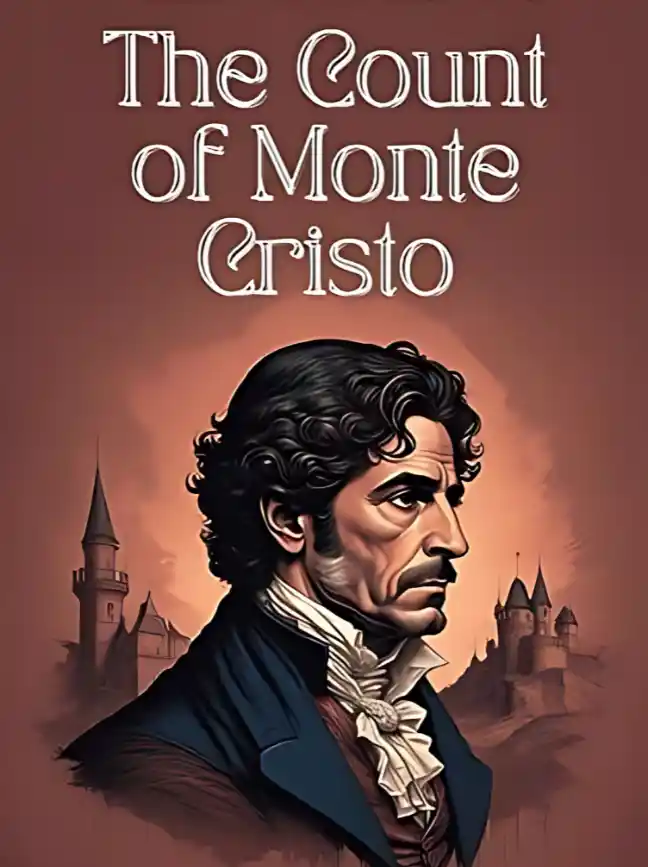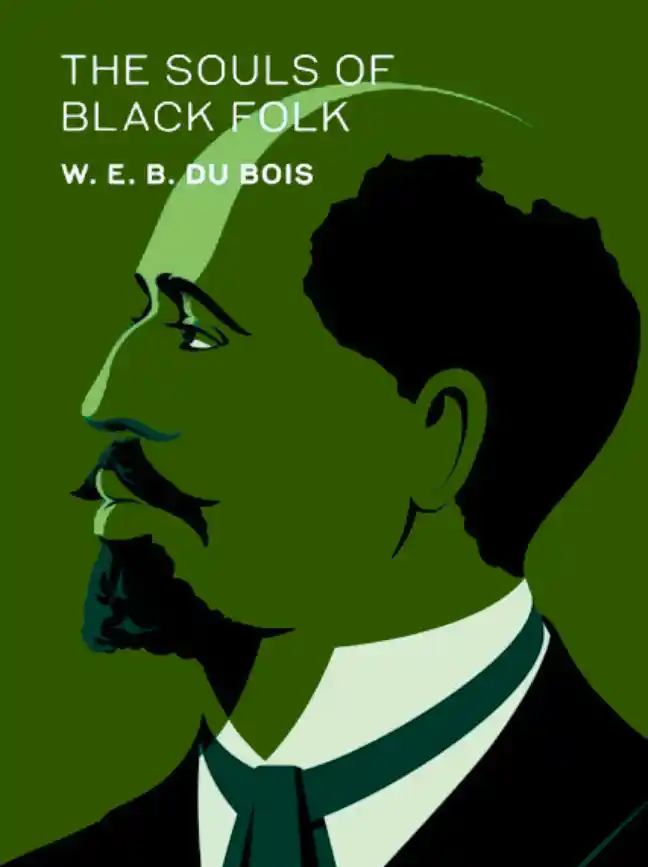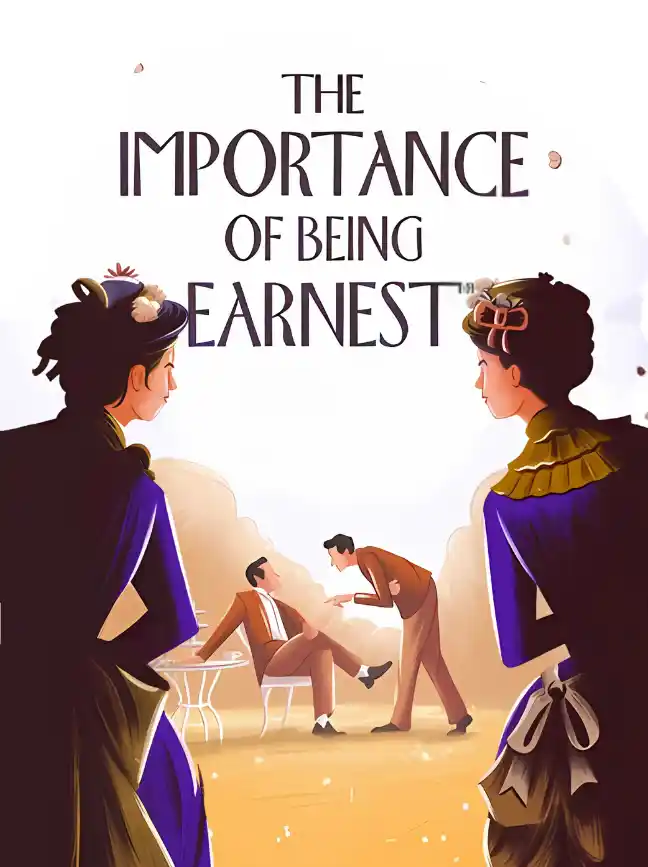“It’s a Swiss- system tournament. Kind of. Not really, though.”
Easton gathers our team around her, like she’s Tony Stark briefing the Avengers, but instead of quippy one- liners she hands out Paterson Chess Club pins. There must be three hundred people on the second floor of the Fulton Stall Market, and I am the only one who didn’t get the business casual memo.
Oops.
“Each one of us is going to play four matches,” she continues. “Because it’s for charity, and because the tournament is open to amateurs, instead of using FIDE ratings, players are going to be matched according to self- reported ability.”
FIDE, the World Chess Federation (Why isn’t the acronym WCF? Not sure, but I suspect the French language is involved) has a complicated system to determine players’ skill levels and rank them accordingly. I knew all about it when I was seven, chess obsessed, and wanted to grow up to be a mermaid Grandmaster. By now, though, I’ve forgotten most bureaucratic stuff, probably to make room for more useful information— like the best way to crimp a wire terminal, or the plot of the first three seasons of How to Get Away with Murder. All I remember is that to get a rating one needs to sign up for FIDE- sponsored tournaments. Which, of course, I haven’t done in ages— because I haven’t played in ages.
Four years, five months, and two weeks, and no, I will not stoop to counting the days.
“So we have to self- report our level of skill?” Zach asks. He’s a Montclair freshman who joined the Paterson Chess Club after I left and has some ambitions of going pro. I’ve met him once at Oscar’s place and I’m not a fan, for reasons that include his penchant for derailing conversations with unrelated mentions of his FIDE rating (2,546), his ability to carry out hour- long monologues on his FIDE rating (2,546), and his lack of understanding that I’m not interested in going out with him, no matter his FIDE rating (2,546).
But he’s still better than our fourth member, Josh, whose claim to fame is repeatedly implying that Easton would be a little less gay if only she made out with him at least once.
“Since I’m the team leader, I went ahead and declared your skill levels,” Easton tells us. “I put— ”
“Why are you the leader?” Zach asks. “I don’t remember having an election.”
“Then I’m the team dictator,” she hisses. I fix my pin to my tee to hide a smile. “I put Mallory in the highest bracket.”
I drop my arms. “Easton. I’ve barely played in— ”
“Zach’s in the highest, too. Third highest for myself,” she continues, ignoring me. Then she looks at Josh and pauses for effect. “The lowest for you.”
Josh bursts into his wholesome, golden boy laughter. “Joking aside, what bracket did you . . .” Easton keeps staring, serious as death and taxes, and he lowers his eyes to the floor.
“Does the PCC have your browser history?” I ask Easton once it’s just the two of us, heading toward the hall.
“Why?”
“There’s no way you’re here of your own free will, not with those two.
So either they found out about the tentacle porn, or— ”
“There’s no tentacle porn.” She gives me a scathing look. “The manager of the club asked me to put together a team. I couldn’t say no, since he
wrote me a rec letter for college. He was just exploiting the fact that I owe him a favor.” She shoulders past two older men in suits to get to the tournament area. “Like you did when you sicced your sisters on me.”
“It’s what you deserve for bringing Zach and the rook he shoved up his ass.”
“Ah, Zach. If only we could know what his FIDE rating is.” I laugh. “Maybe we should ask him and . . .”
We walk through the doors, and my voice trails off. The noise in the bustling room dims, then quiets.
People walk around me, past me, into me, but I stand still, frozen, unable to step out of the way.
There are tables. Many tables pushed together to form long, parallel rows— rows and rows, covered in white- and- blue cloth with plastic, foldable chairs tucked into each side, and between each pair of chairs—
Chessboards.
Dozens of them. Hundreds. Not good ones: I can tell even from the entrance that they’re old and cheap, the pieces chipped and poorly cut, the squares dirty and discolored. Ugly, mismatched sets all around me. The smell in the room is like a childhood memory, made of familiar, simple notes: wood and felt and sweat and stale coffee, the bergamot note of Dad’s aftershave, home, belonging, betrayal, happiness, and—
“Mal? You okay?” Easton tugs at my arm with a frown. I don’t think it’s the first time she’s asked.
“Yeah. Yeah, I . . .” I swallow, and it helps. The moment breaks, my heart slows, and I’m just a girl—perhaps a slightly fawn-kneed one. It’s just a room that I’m standing in. The chess pieces— they’re just stuff. Things. Some white, some black. Some can move in any number of unoccupied squares, others not so much. Who cares? “I need a drink.”
“I have Crystal Light. Strawberry.” She hands me her CamelBak. “It’s disgusting.”
“Guys.” Zach comes up to us from behind. “Don’t freak out, but I’ve spotted some preeetty big names walking around. I’m talking international.”
Easton lets out an exaggerated gasp. “Harry Styles?”
“What? No.”
“Malala?”
“No.”
“Oh my God, Michelle Obama? Do you think she’ll sign my pocket constitution?”
“No— Rudra Lal. Maxim Alexeyev. Andreas Antonov. Yang Zhang.
Famous chess people.”
“Ah.” She nods. “So regular, not-at-all- famous people?”
I do love watching Easton mess with Zach, but I have heard these names. I wouldn’t be able to pick them out of a lineup, but at my most fervent, chess- obsessive stage I’ve studied their games on books, simulation software, YouTube tutorials. Old impressions surface quickly in my brain, like long- unused synapses sputtering awake.
Lal: versatile openings, positional Antonov: tricky, but technical Zhang: calculating, slow Alexeyev: still young, uneven
I shrug the memories away and ask, “What are they doing at an amateur tournament?”
“The director’s well connected in the chess world— she’s the owner of a respected New York chess club. Plus, the winning team gets twenty thousand for a charity of their choice.” He rubs his hands together like a cartoon villain. “I hope I get to go against the big guns.”
“You think you can beat them?” Easton’s eyebrow lifts, skeptical. “Aren’t they pros?”
“Well, I’ve been training.” Zach brushes nonexistent crumbs off his blazer. “My rating’s 2,546”— we all roll our eyes— “and Lal’s not exactly at the top of his game. Did you see him lose to Sawyer at Ubud International two weeks ago? It was embarrassing.”
“Everyone’s embarrassing against Sawyer,” Josh points out. “Well, plenty of people are embarrassing against me.”
Easton’s eye twitches. “Are you comparing yourself to Sawyer?” “People say we have similar playing styles . . .”
I cough to hide a snort. “Do we know who we’ve been paired with yet?” “Sort of.” Easton unlocks her phone and texts everyone a screenshot of
the organizers’ email. “We don’t know who we’re going up against, because it’s a team tournament. But Mal, you’re PCC Player One, and you’ve been paired with the Marshall Chess Club Player One. Row five, board thirty- four. Good news: you’re White. Round one starts in five. The time limit is ninety minutes, then round two starts. So we should get going.” Easton tugs at my hand. “Wouldn’t want to make Lal wait for the thorough asskicking he’s about to get, right, Zach?”
I can’t tell whether Zach recognizes the shade. He puffs up and struts to his board, and I’m left wondering how soon the black hole of antimatter that is his ego will swallow the solar system.
“Listen,” Easton whispers before we go separate ways, “I put myself in a too- high bracket. I’ll probably be destroyed in about five moves, but it’s okay. All the PCC wanted was for us to have a presence here, and I delivered. That’s to say, if you let whoever you’re playing destroy you quickly, we can pop by Dylan’s Candy Bar and be back before round two.”
“Are you buying?” “Fine.”
“One of those macarons stuffed inside a cookie?” “Sure.”
“Deal.”
It won’t be hard, getting checkmated like a total loser, not with how rusty I am. I take a seat at board thirty- four, White side, and watch the chairs around me fill up, people shaking hands, the introduction and chitchatting as everyone waits for the start announcement. No one is paying attention to me, and . . . I just do it.
I reach for my king. Pick it up. Feel its slight, perfect weight in my hand and smile softly as I trace the corners of the crown.
The stupid, useless, good- for- nothing king. Can barely move one square, scurries into hiding behind the rook, and he’s so, so easy to corner. A fraction of the queen’s power, that’s what he has. He is nothing, absolutely nothing, without his kingdom.
My heart squeezes. At least he’s relatable.
I put the king back on his square and stare at the skyline made up by the pieces— the trivial and yet monumental landscape of chess. It’s more familiar than the view from my childhood bedroom (unspectacular: a busted trampoline, lots of ornery squirrels, an apricot tree that never learned how to bear fruit). It’s more familiar than my own face in the mirror, and I can’t tear my gaze away, not even when the chair in front of mine drags across the floor, not even when one of the tournament directors calls for round one to begin.
The table shifts as my opponent takes a seat. A large hand stretches into my line of sight. And just as I’m about to force myself out of my reverie to shake it, I hear a deep voice say,
“Marshall Chess Club Player One. Nolan Sawyer.”

